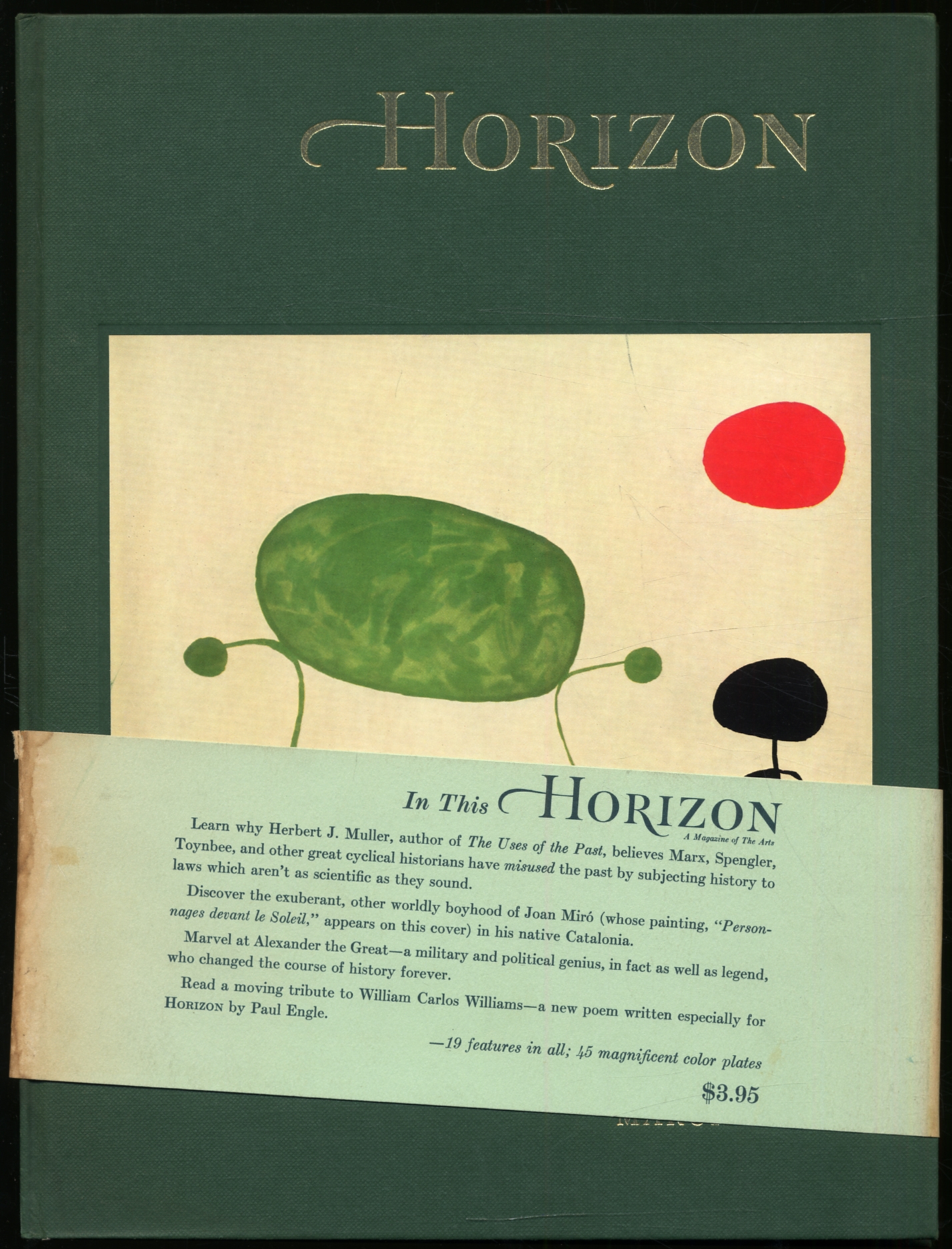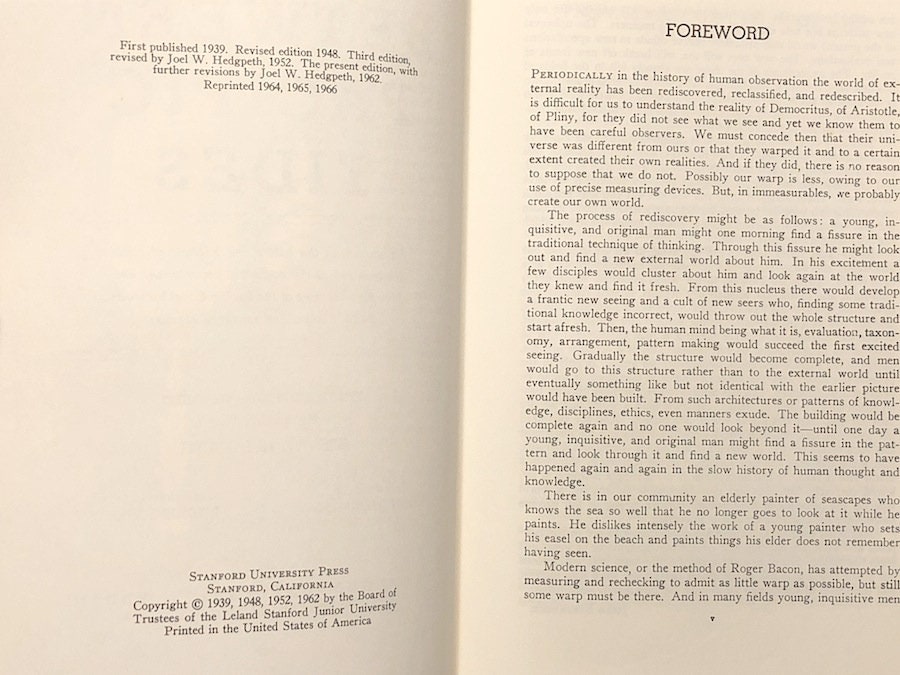
Accepted at Michigan's Wayne State, the author was encouraged by local civil-rights leaders to apply, along with another classmate, to the Univ.

In high school, Hunter-Gault found herself studying the ``comic-strip character Brenda Starr as I might have studied a journalism textbook, had there been one.'' Determined to be a journalist, she applied to several colleges-all outside of Georgia, for ``to discourage the possibility that a black student would even think of applying to one of those white schools, the state provided money for black students'' to study out of state. In ``L.A.'' (lovely Atlanta), surrounded by her loving family and a close-knit black community, the author enjoyed a happy childhood participating in activities at church and at school, where her intellectual and leadership abilities soon were noticed by both faculty and peers.

While her father served in Korea, Hunter-Gault and her mother moved first to Covington, Georgia, and then to Atlanta. The eldest daughter of an army chaplain, Hunter-Gault was born in what she calls the ``first of many places that I would call `my place' ''-the small village of Due West, tucked away in a remote little corner of South Carolina. (Line drawings-not seen.)įrom the national correspondent for PBS's MacNeil-Lehrer Newshour: a moving memoir of her youth in the Deep South and her role in desegregating the Univ. An effective combination of eyeball observation, rich history, and sad acknowledgement of how poorly we have used still another national resource. And he's eloquent in his plea that the coastline be kept open to all instead of being fenced off and guarded, as over 90 percent of it already is.

Thorndike applauds the work of conservationists and shows what nature can do to an overbuilt shore-front, whether by the slow death of erosion or by the hammer blow of a Hurricane Hugo. Flagler, who built the railroad to the Florida Keys. The early explorers are all mentioned here- Champlain, Hudson, Verrazano, and many less famous-as are the planners and developers, from Robert Moses of New York to Henry M. Along the way, he visits the top of Manhattan's Twin Towers and Virginia's Chincoteague Island Maine lobstermen tell of mysterious winter fires in the houses of summer people and Coast Guard officers tell of rescuing boaters in the waters off the Virginia Capes.

Thorndike's record of the journey-actually, several trips over a period of years-takes him down the coast from Maine to Key West. A well-written travelogue from a founding editor of American Heritage who drove the length of the East Coast with frequent stops to walk the beaches and talk with natives.


 0 kommentar(er)
0 kommentar(er)
